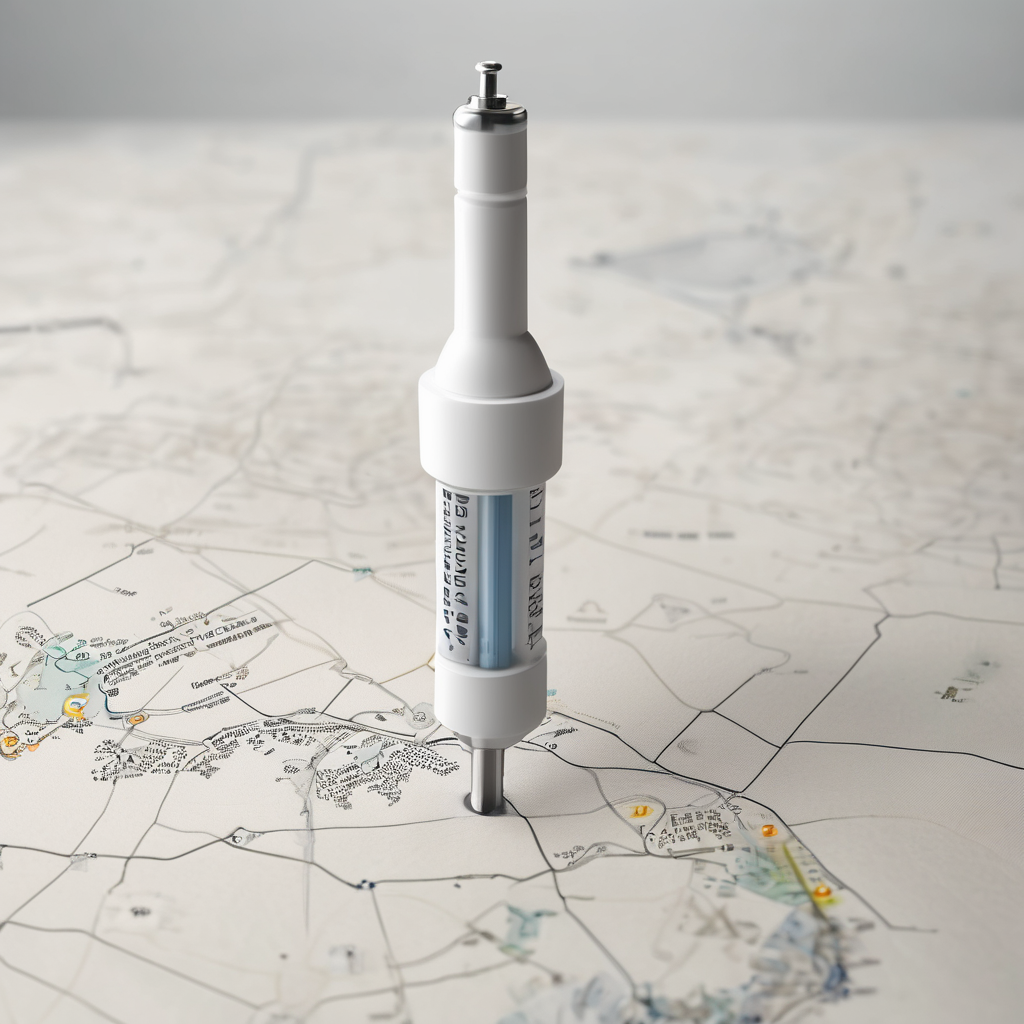The Health Ministry has announced plans to introduce a long-acting injectable form of Pre-Exposure Prophylaxis (PrEP) aimed at enhancing HIV prevention efforts, particularly for individuals in remote and rural areas. This innovative injection will provide protection against HIV for up to six months per dose, targeting high-risk populations who may face challenges in adhering to daily medication regimens.
Assistant Minister for Health Penioni Ravunawa emphasized the importance of this new intervention, citing barriers such as travel distances, costs, and social stigma that hinder regular access to HIV medications. Currently, only about 38% of diagnosed individuals are replenishing their HIV medication, highlighting a significant gap in treatment compliance which the new injectable option aims to address.
The Ministry of Health is in the final stages of seeking cabinet approval to incorporate this injectable PrEP into the national HIV response strategy. Ravunawa noted that ongoing efforts are dedicated to advancing this policy, referring to the process as a “work in progress.”
Health Minister Dr. Atonio Lalabalavu reiterated the initiative’s alignment with the larger HIV reduction plan, indicating that the rollout of injectable PrEP is expected to boost adherence rates and subsequently reduce the number of new infections. Additionally, the urgency for HIV prevention methods is underscored by the increasing number of new cases, particularly within marginalized groups.
The introduction of injectable PrEP follows a growing recognition of the need for accessible preventive measures in the face of rising HIV transmission rates. This shift in strategy, coupled with ongoing community engagement and educational campaigns, promises a more inclusive and effective approach to combatting HIV in Fiji.
Providing hope for those at risk, the initiatives being implemented could lead to significant reductions in HIV infections and foster a supportive environment for individuals affected by the virus. With better access to prevention tools and treatment, communities can work towards overcoming the stigma associated with HIV and improving overall public health outcomes.
